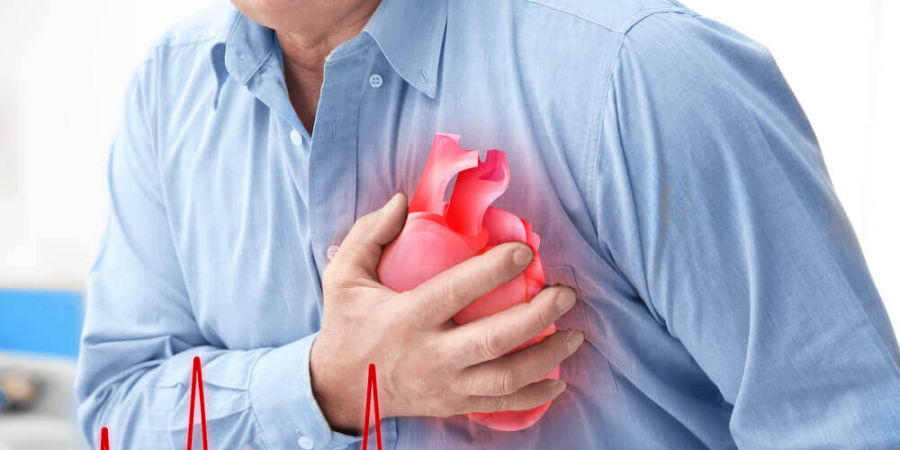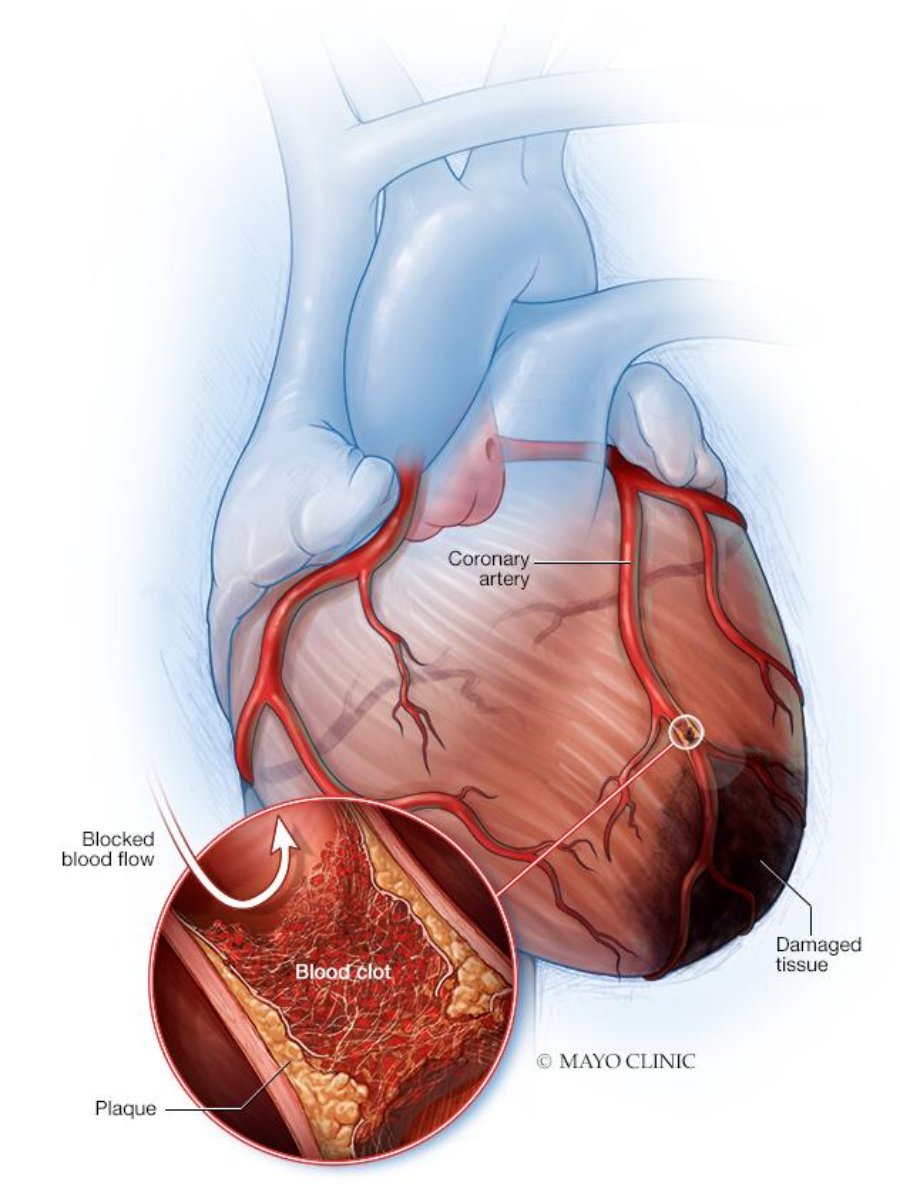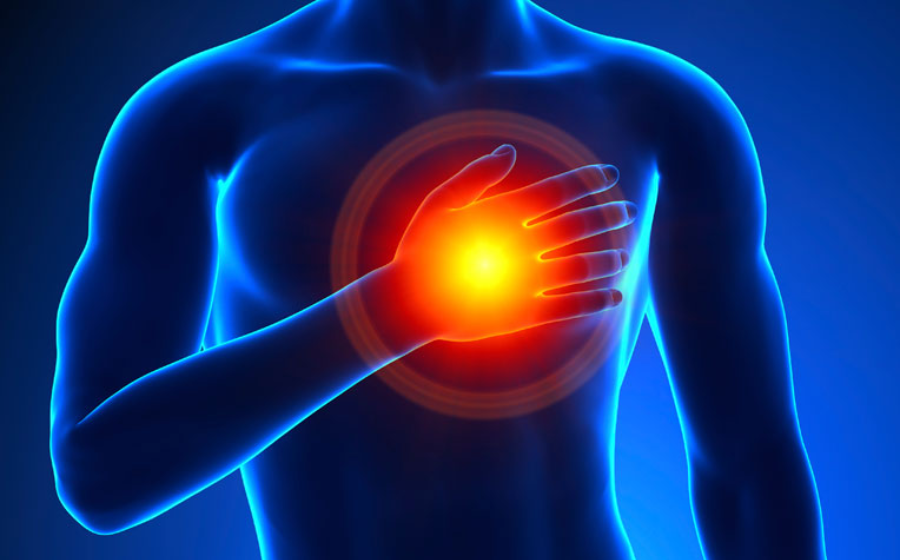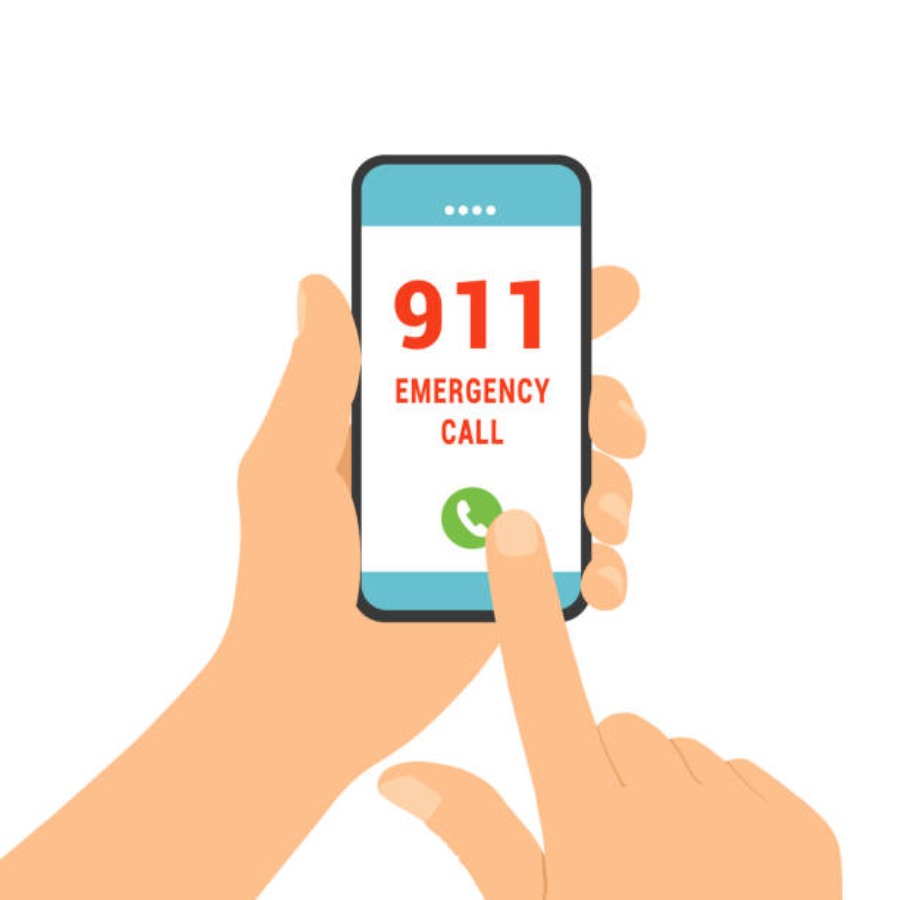

A heart attack is a medical emergency that happens when the heart's blood supply is abruptly cut off to a portion of the organ. The coronary arteries, which split off from the aorta, a large artery, supply blood to the heart muscles. When one or more coronary arteries are clogged, a heart attack happens. The heart muscle may become injured as a result of this lack of oxygen and blood flow, and if the damage lasts longer than 20 minutes, the affected area of the muscle tissue may perish. Heart attacks are known medically as myocardial infarctions, or MIs.Heart attacks occur frequently. The Centers for Disease Control and Prevention estimate that over 800,000 Americans suffer a heart attack annually. A heart attack is not the same as cardiac arrest, which is the unexpected cessation of heartbeat. Sudden cardiac arrest can result from a heart attack. Coronary artery disease is the primary cause of heart attacks. Your risk of a heart attack might be increased by your age, lifestyle choices, and other health issues.

Heart attack symptoms can vary. Some folks only experience minor symptoms. Some people experience quite serious symptoms. Some folks don't exhibit any symptoms. Typical signs of a heart attack include: Chest pain that can have an aching, squeezing, tightening, or pressing sensation Pain or discomfort radiating to the back, neck, mouth, teeth, shoulder, arm, or even the upper abdomen Sweat with coldness Weary Indigestion or heartburn Sudden dizziness or lightheadedness emesis Breathlessness.
Unusual symptoms in women can include sudden, intense pain in the back, arms, or neck. Sudden cardiac arrest can occasionally be the initial indication of a heart attack. Certain heart attacks happen unexpectedly. However, a lot of people experience symptoms and warning indications hours, days, or weeks in advance. Angina, or persistent chest pressure that does not go away with rest, may be a precursor to more serious problems. Angina is brought on by a brief reduction in the heart's blood supply. 
If you believe you are experiencing a heart attack, get treatment immediately. Follow these actions: Make an emergency medical assistance call. 
Dial 911 or your local emergency number right away if you believe you are experiencing a heart attack. Get a ride to the closest hospital if emergency medical services are not available to you. If you have no other choice except to drive yourself. If your doctor has prescribed nitroglycerin, take it as directed. As directed, take it and wait for emergency assistance. If aspirin is advised, take it. By inhibiting blood clotting, using aspirin during a heart attack may lessen cardiac damage. Aspirin and other medications may interact. Unless directed by your healthcare physician or emergency medical staff, avoid taking aspirins.


